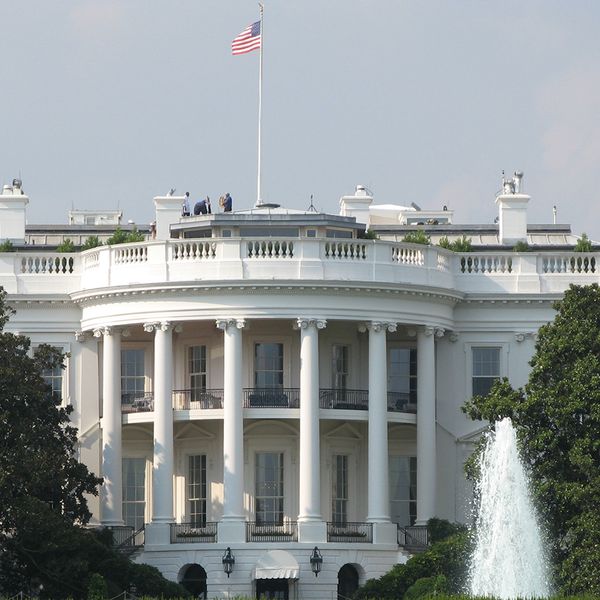Members of Congress criticize DOL’s FFCRA regulations/guidance
The ink was barely dry on the U.S. Department of Labor’s regulations and guidance related to the employee leave provisions under the Families First Coronavirus Response Act (FFCRA), when some members of Congress began criticizing them. In a six-page letter to DOL Secretary Eugene Scalia, Representative Rosa DeLauro and Senator Patty Murray point out several their concerns in the FAQs as well as the regulations. Some of these concerns include the following:
- Requiring certification in order for workers to qualify for paid leave. DOL states that employers can require certification for employees to qualify for paid leave, even though the FFCRA does not require for any such certification from employees. Some of the documentation guidance is to come from the IRS, which gives the Treasury the authority to delineate when employers may deny leave. The FFCRA does not grant this authority.
- Restricting what qualifies as being “unable to work.” DOL states that employees only qualify for paid sick or family leave if they are unable to work and their employer has work for them, allowing employers to cut off employees’ rights to paid sick or family leave by claiming they have nothing for the employee to do. This guidance is in direct contradiction with the FFCRA, which does not allow employers to take such action to prevent employees from receiving paid leave.
- Restricting worker’s ability to take leave intermittently. DOL states that an employee may only take their leave intermittently “if your employer allows it.” This conclusion is found nowhere in the text and gives the employer, rather than the employee who has the need for leave, the ability to decide how to use the employee’s leave. Another point regarded taking intermittent FFCRA leave in full-day increments unless the employee is teleworking was also an area of concern. The critics pointed out that the law indicated that employees are entitled to paid sick time for an amount of hours, not full days.
- Exempting employees from paid leave. FFCRA exempts narrowly defined “health care providers” from the paid leave provisions due to the nature of the current crisis. But the DOL redefined a “health care provider” to include nearly any employee who happens to work for an employer who also employs a health care provider, works at any type of quasi-medical facility, works as an employee contracted for non-healthcare services in a facility that houses a health care provider, or merely works in the medical supply chain.
- Not guaranteeing paid leave during a “shelter in place” order. DOL does not clarify that a government directive to stay at home qualifies for paid leave. In fact, DOL even indicates that employees lose their right to paid leave if their employer closes the employee’s worksite in the event of a government directive. The DOL has since, however, included shelter-in-place orders.
The letter ends with a request that the “DOL immediately revise its materials in accord with the text and congressional intent of the FFCRA.” Both Senator Murray and Congresswoman DeLauro have long pressed for paid sick days, first introducing their Healthy Families Act (HFA) in 2004 and reintroducing it in every Congress since.
The fact that the DOL already made some changes to their views could be a signal that more could be pending as the situation continues to develop. Time will tell if the current situation will give support to future paid leave on the federal level.



















































